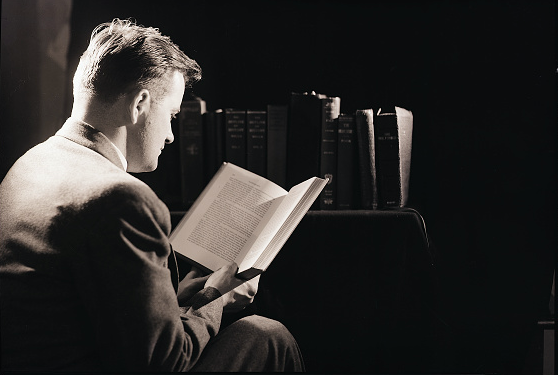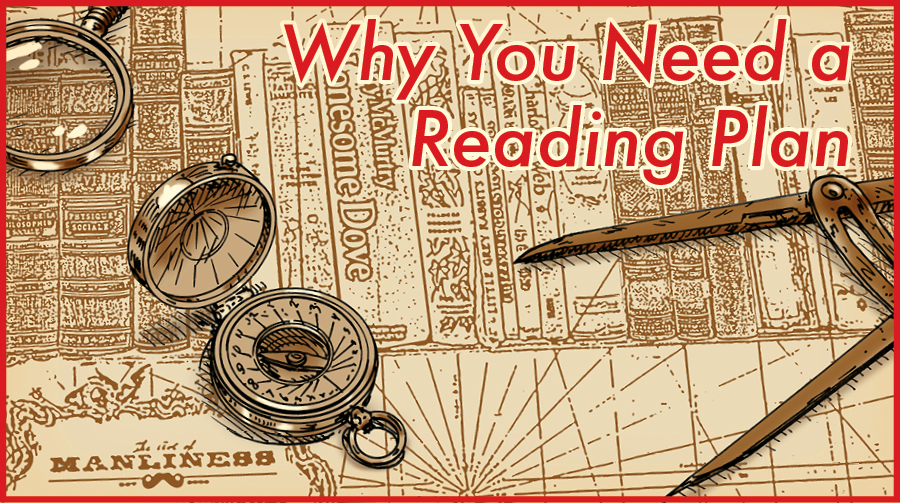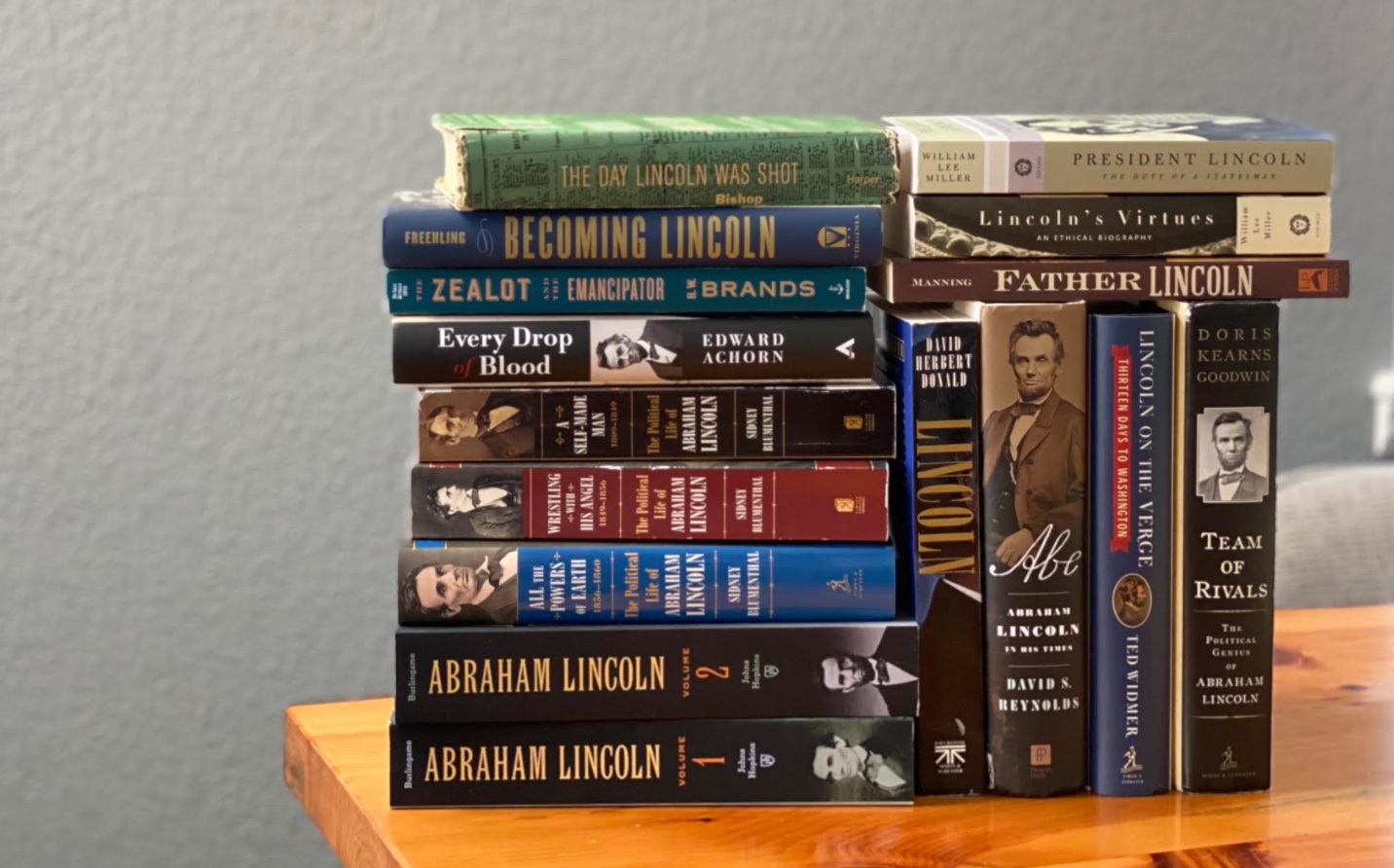
A recent survey by the National Assessment of Educational Progress found that reading for pleasure among kids is at an all-time low.
The decline is, no surprise here, likely attributed to the increased use of screens.
It’s likely that these non-reading children will become non-reading adults.
I don’t want my kids to be those kids who don’t read for pleasure and then go on to become adults who don’t read for pleasure either.
I want them to be readers.
Reading not only enhances a child’s academic performance and cognitive development, but even more important, to me at least, reading is simply one of life’s most enriching and edifying activities. Reading has had a huge impact on my own life. I’ve had my world expanded by reading. I’ve been entertained for hours by reading. I’ve made friends thanks to reading. I’ve even made a career out of reading.
I want my kids to experience that same life-affirming power of reading.
It seems like they’re — fingers crossed — on their way to becoming lifelong readers. Both Gus and Scout have their noses in a book before they go to sleep at night. When we go on long road trips, they willfully mix shorter sessions of screen time with longer stretches of reading. One of my favorite sounds is Gus laughing out loud at something he’s reading in a book.
If you’re looking for some advice on how to raise a reader, here’s what’s seemed to work for us so far in nudging along the reading habit in our kids:
Keep a well-stocked home library. When I read the biographies of eminent men who were voracious readers (which interestingly enough, nearly all were — there’s definitely a correlation between reading and success), so many of them talk about growing up in households that were filled with books.
It’s not just that keeping a home library allows your kid access to lots of books (while they hypothetically could pull a book off our shelves, my children have yet to do so — they have their own taste in literature), it’s that the library acts as a potent signal that reading is important to you as parents, and is important in your family culture. And it’s a reminder that tons and tons of knowledge exists in the world — more than they might imagine trodding the familiar, well-worn courses carved by their digital surfing habits — and it’s all there for the discovering and taking!
While you could build a digital library of books, this is one of the many reasons concrete, paperbound copies are really superior. Your Kindle app is never going to act as a continual pique to your kids’ curiosity.
Of course, a home library isn’t going to have a big effect, if its books are merely decorative, and your kids never see you actually opening them. So:
Be a reader yourself. Your kids are always watching you. They’re more likely to do what you do than do what you say. So set an example for them and be a reader yourself. Let your kids catch you reading.
I’m grateful to my parents for many things, but one thing I’m especially thankful for is their example of being readers. Growing up, I always saw both of my parents with their noses in books. They made it seem like reading was a normal part of life — just something you do. They never lectured my siblings and me to read, but we all followed their lead and read ourselves.
Read out loud to them when they’re little (and beyond). Just because your kids are too young to read themselves, doesn’t mean you can’t start inculcating the reading habit in them. Read out loud to your kids when they’re little. It will set a pattern for them that reading is just a normal part of life’s routine. Like brushing your teeth.
Even when your kids are old enough to read on their own, keep reading aloud to them. It’s a great way to spend time with your kids, and it reinforces the idea that reading is just something you do in your family. We’ve been reading out loud to our kids since they were tykes. We’re now reading chapter books to them before they go to bed. It’s been a chance for Kate and me to expose our kids to books that we enjoyed ourselves as children (and to discover new books we missed when we were growing up).
Let your kids read what they want. Some well-intentioned parents have this idea that if their kids are going to be readers, then they’re only going to read the Great Books or only the classics of children’s literature. So they put their kids on some reading program and make their children slog through books they have no interest in.
That’s a great way to turn your kids into non-readers. If you go that route, you’re turning reading into something like eating your lima beans or taking medicine. Not something you want to do, but something you should do. Yuck!
Instead, let your kids read whatever they want. Well, not whatever they want. I don’t recommend letting a nine-year-old read Devil in a Blue Dress (though I do recommend reading that and other hard-boiled detective novels when you’re an adult). But let them read whatever they want . . . that’s age-appropriate. You want them to learn to enjoy reading. As professor of literature Alan Jacobs puts it, let your kids read based on Whim.
This hands-off approach means your kids may read some lowbrow books for a while. Gus went through, and Scout is still in the midst of, the little kid graphic novel phase. Think Diary of a Wimpy Kid, Captain Underpants, Big Nate, etc. Are these books that I would personally pick out for my children? No. But they enjoyed reading these books, so we let them read them. Gus eventually emerged into straight text chapter books, and Scout is getting there too.
Your kids have the rest of their lives to read the Great Books. Your primary focus as a parent is to make reading something your kids enjoy doing so that when they get old enough to read the Iliad, they’ll actually want to read it.
Get them a library card. Most libraries allow your kids to get a library card when they’re fairly young. Get your kid one and take them to the library frequently. Free books! The idea here again is to make books a regular part of life.
Buy your kids books with abandon. While we took our kids to the library a lot when they were little, as they’ve gotten older and developed the ability to read on their own, we more often take them to the bookstore and let them pick out books that we then buy for them.
Not because we’re spendthrifts, mind you, but because there are a few reasons I think buying books for your kids is a good idea.
There seems to be something about buying a book for your kids that gets them more pumped to read it. I’m guessing it’s the dopamine that comes with buying stuff. I’ve noticed that my kids are more likely to jump into a book that we’ve bought them than a book they check out at the library.
Buying books also helps your children build their own home library. Our kids often enjoy reading the same book twice (or more).
Additionally, the fact that we buy books for our kids, while making them use their own allowance money to purchase things like toys and video games, makes books seem less like a special treat indulgence, and more like the other basic necessities we fund like clothes and food.
By my lights, books are a real bargain, especially children’s books. A new children’s paperback costs just $10 (or less!) and will give your kids hours of entertainment, all sorts of cognitive, emotional, and academic benefits, and another nudge along the path to becoming lifelong readers.







